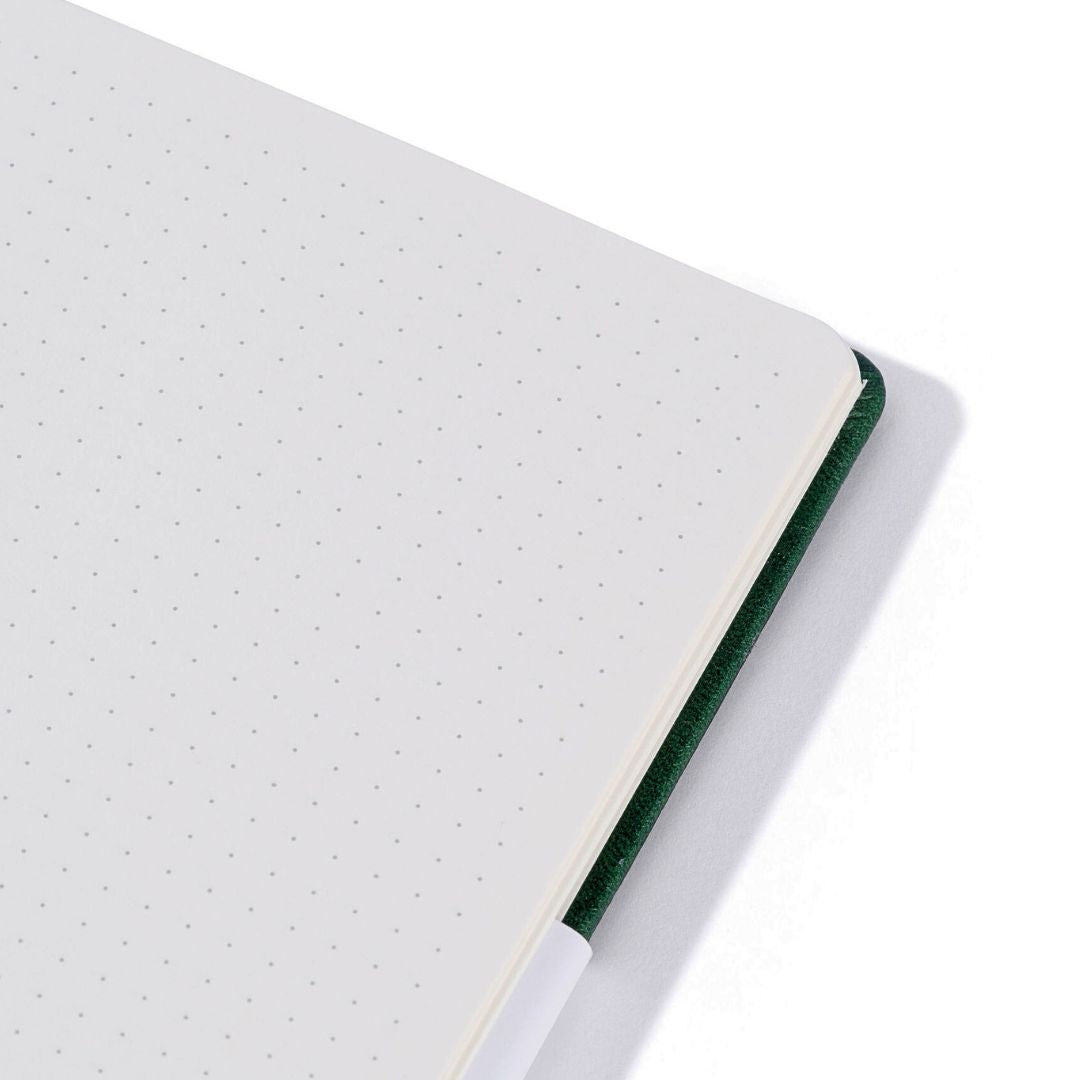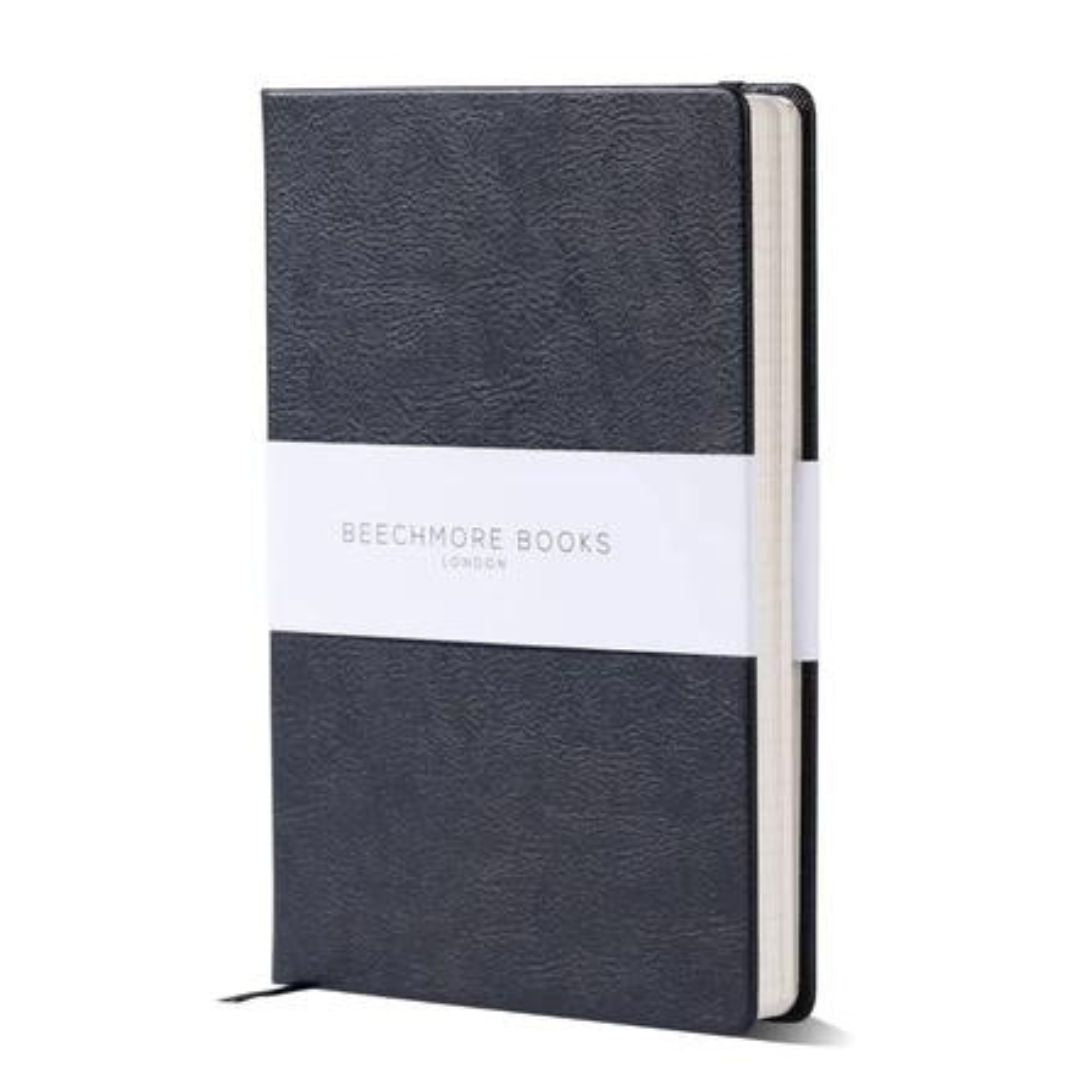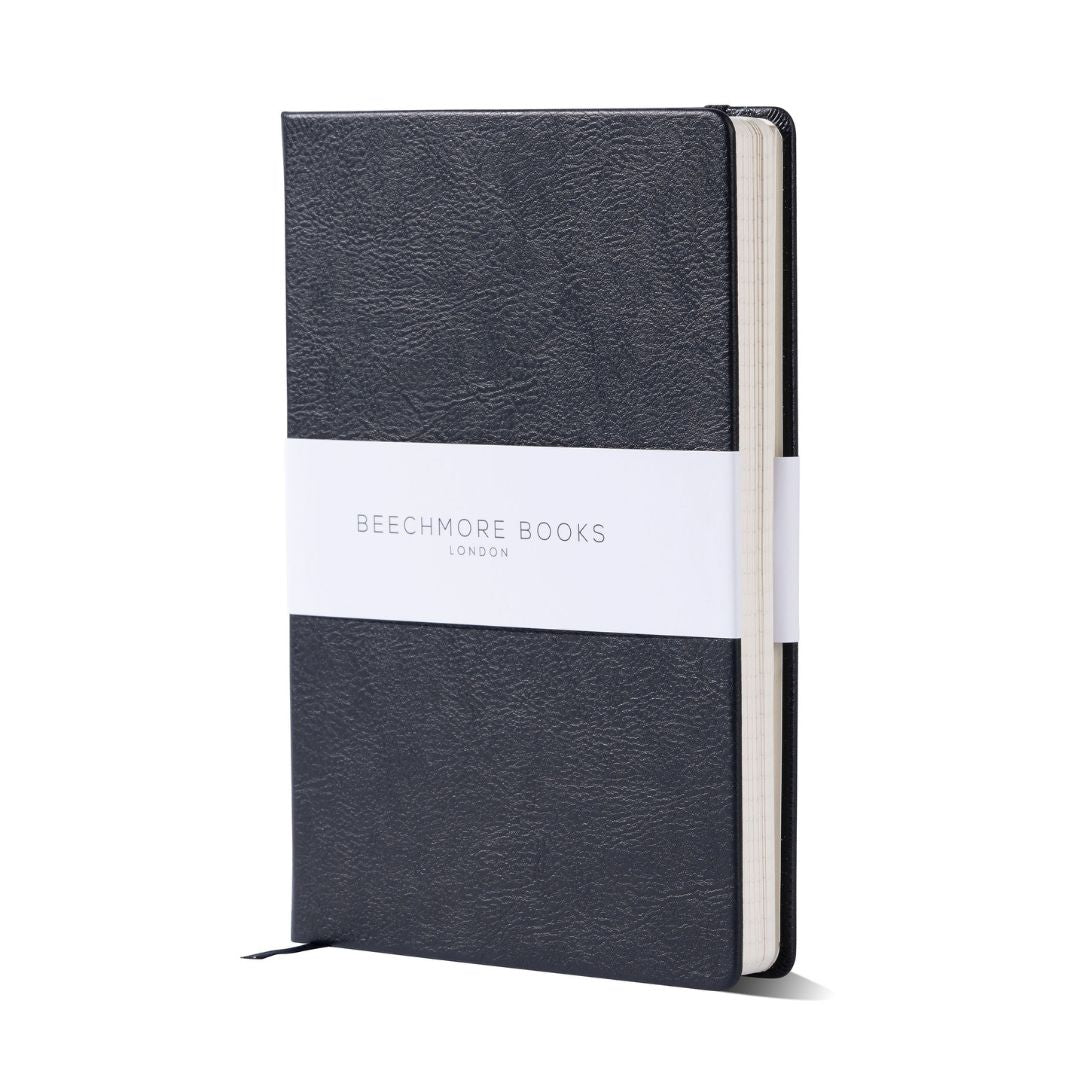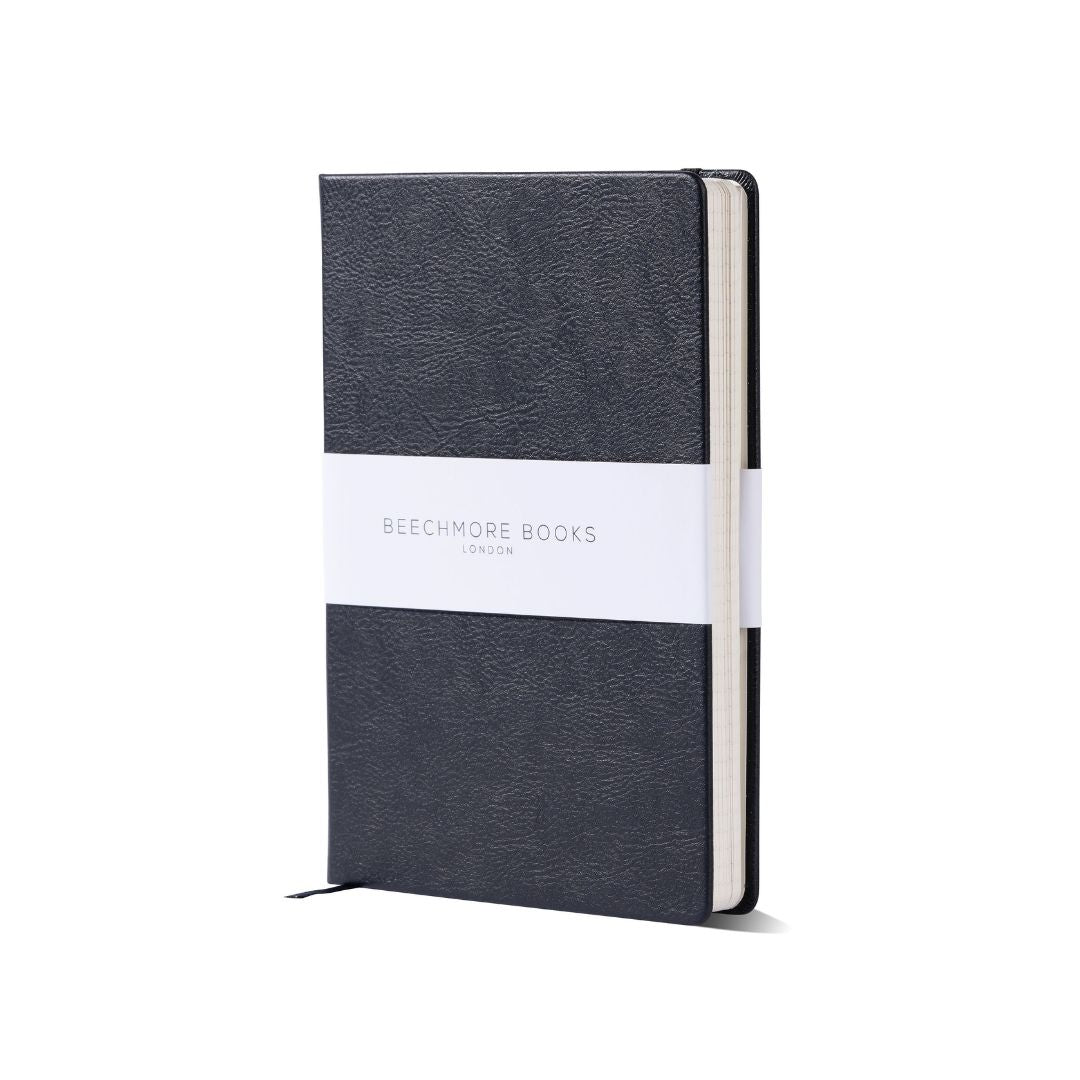For a variety of reasons, I spent the best part of a decade bottling things up. I’m sure being British had something to do with it. We’re a country of people expert at making polite conversation while resolutely not talking about things. If I hadn’t been in the habit of keeping a diary, I think I might have exploded.
As it was, I feel very fortunate that I started journaling young, with my first, Wallace-and-Gromit-themed, padlocked diary. For my thirteenth birthday, a grandmother figure gave me a five-year journal that I kept faithfully, every day, for those teenage years. But really, it was the further I got from the freedom and intensity of childhood that journals became a lifeline.
We adults are highly skilled at muddling through, trudging forwards, and doing our best not to address the problem. Often, one of the first missions in psychotherapy is to get a patient to acknowledge and legitimise their feelings. Sounds simple enough. But we get so used to dismissing our own emotions and reactions on a daily basis that escaping this denial can actually take a lot of work.
Here’s how the classic pattern plays out: Some small annoyance triggers you. Perhaps the printer jams up. Maybe you spill your coffee. You feel rage bloom. For a split second, you want to let out a guttural roar and a never-ending stream of profanity. But then, quickly, a genteel little voice cuts in and says: “Come on, now. It’s not such a big deal. Calm down. Be reasonable.”
That repressive voice certainly has its uses in creating a peaceful society, or at least a version of London where there aren’t 47 murders on the tube each morning. But that voice – that innocuous, pacifying voice – can also do a serious number on you.
In that flash of fury at an appliance or an idiot, you had momentary access to something that was there all along, something that is calling for your attention. The trigger that brought it out is just that: a trigger. But the feeling itself is an authentic part of you, and a part worthy of your interest.
The trouble is, in general polite society, it isn’t acceptable to go around indulging your tempers whenever they arise. But in that moment of rage, instead of squashing things down and carrying on, there is a much healthier and socially acceptable alternative: you can reach for the notebook in your pocket. For many people, for centuries, journaling has been the release valve on the pressure cooker.
There are so many mental health benefits to letting off steam in words. But let’s just take the simplest of them. When you write down what you are feeling, you give that feeling enough space to be real. You acknowledge it. You can look back at that fiercely scrawled, all-caps tirade you just wrote and say: yes, that is what I felt.
In a world that makes it very difficult to be publically authentic, there is nothing like the tonic of being honest with yourself. Of saying: “Yes, this is me. And yes, that is what I feel.” It’s as relieving, as unburdening, as it is grounding. And instead of dismissing parts of ourselves as silly, or unacceptable, we can be curious about them, and rediscover all that pure, human sensitivity that was, more often than not, trained out of us in childhood.
I’m not suggesting that journaling is a magic cure-all. I don’t even think the thousands of hours I’ve spent confessing things to diaries have really changed me. In fact, they’ve done the opposite. Journaling has shown me who I am, and helped me stay myself, even when all sorts of external pressures would have liked me to shapeshift. In a society saturated with false façades, and people acting the part, possibly the most important part of staying sane is knowing who you are. To that end, I don’t think there’s a more honest or more helpful mirror than a journal.

Daisy Larkan | Writer & Editor









